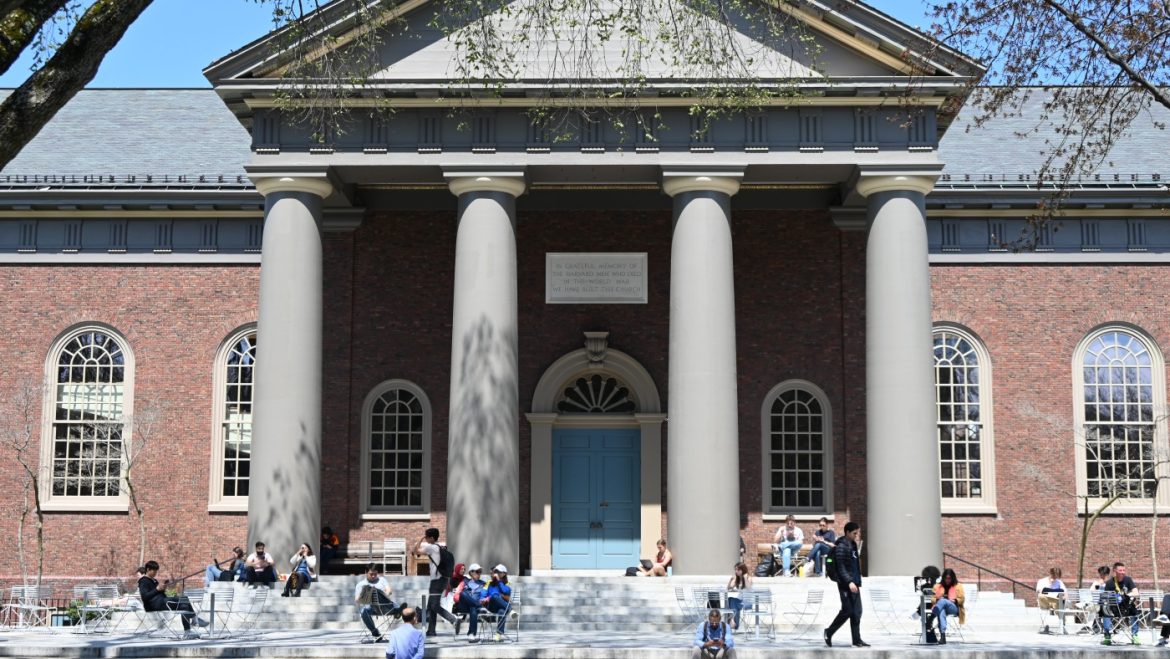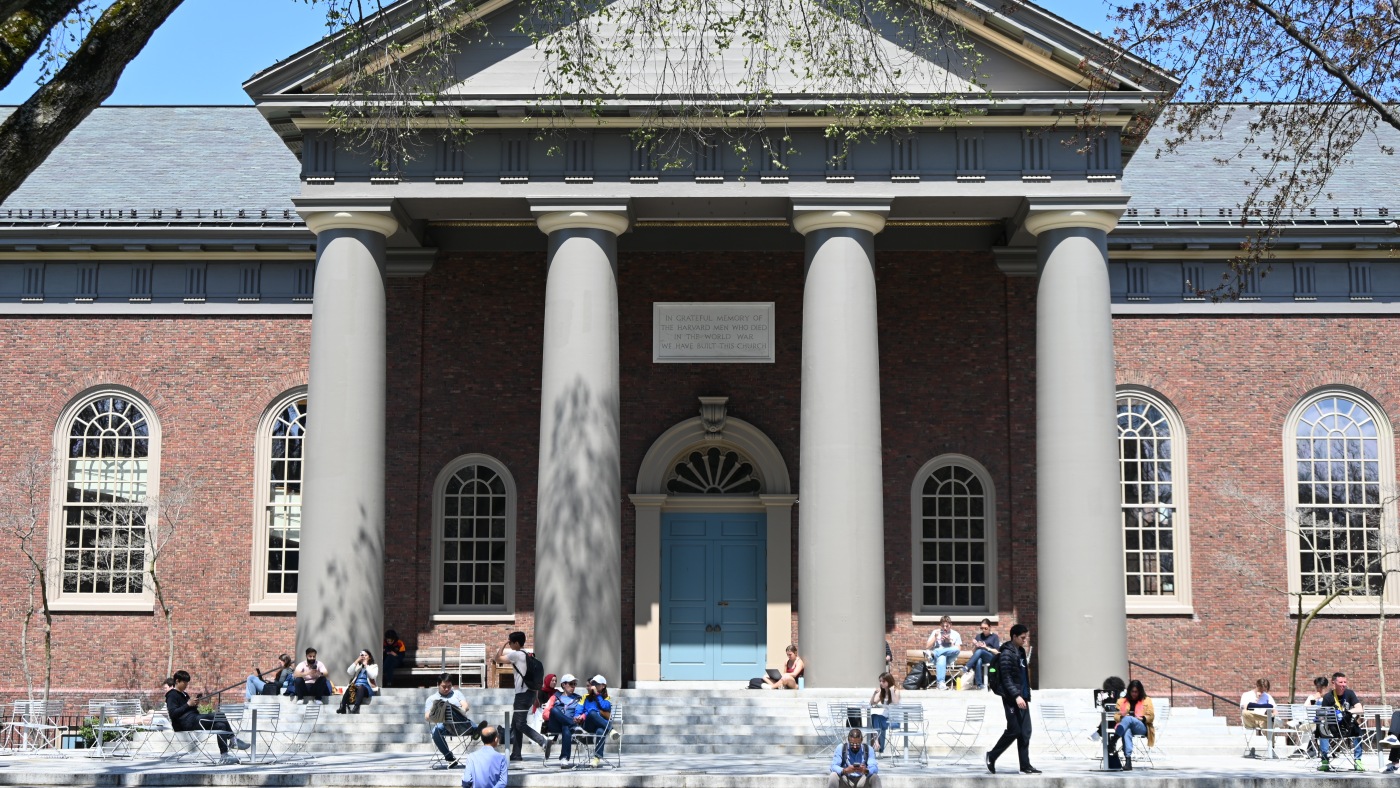The recent legal battle between Harvard University and the Trump administration centers on the federal government’s attempt to bar Harvard from enrolling international students, a move which has been temporarily halted by a federal judge. This unfolding conflict touches on issues of immigration policy, academic freedom, constitutional rights, and the broader implications of administrative actions on higher education in the United States.
Context and Background
The Trump administration, through the Department of Homeland Security (DHS), announced a decision to revoke Harvard University’s certification under the Student and Exchange Visitor Program (SEVP). This certification is essential for Harvard to enroll international students legally. The administration claimed the move was a response to Harvard’s alleged failure to comply with federal requirements and broader accusations including antisemitism. Additionally, this is part of a wider crackdown on international student enrollment, signaling a broader governmental effort to limit foreign student presence in U.S. institutions.
Harvard, which hosts international students from over 140 countries, quickly challenged the decision. Within hours of the DHS announcement, Harvard filed a lawsuit in federal court, arguing that the administration’s action was retaliatory, unconstitutional, and violated the university’s First Amendment rights. Harvard’s lawsuit contends that the termination of its SEVP certification undermines its ability to educate diverse global scholars and imposes unfair penalties without due process.
Judicial Response and Temporary Relief
US District Court Judge Allison Burroughs responded swiftly by granting Harvard’s motion for a temporary restraining order that halts the Trump administration from enforcing the ban. This injunction restores Harvard’s ability to enroll international students pending further legal proceedings. The judge’s decision reflects concern over the administration’s abrupt policy shift and its potentially irreparable harm to the institution and its students.
Notably, other federal judges, such as those in San Francisco and Oakland, have likewise issued injunctions protecting foreign students nationally from losing their legal status. These parallel rulings highlight judicial skepticism about the administration’s aggressiveness in its immigration and education policies, at least until the courts can thoroughly evaluate the legality of these measures.
Broader Implications for International Students and Higher Education
International students constitute a vital part of the academic fabric in U.S. universities, contributing richly to research, cultural diversity, and institutional finances. The administration’s move, if upheld, would not only disrupt thousands of students’ education and legal standings but could also damage America’s reputation as a global leader in higher education.
The ban on enrollment at Harvard is particularly symbolic given the institution’s prestigious status and long history of academic freedom. The challenge to this policy underscores tensions between federal immigration control and universities’ autonomy. Stakeholders worry that such federal actions could start a domino effect, encouraging more restrictive policies or retaliatory measures against institutions perceived as politically oppositional.
Legal and Constitutional Issues at Stake
The legal arguments presented by Harvard involve possible violations of the First Amendment — specifically, retaliation against the university for its refusal to accede to political demands from the White House. The university also argues the administration failed to provide adequate notice or a chance to correct any alleged compliance failures, therefore breaching due process rights under the Fifth Amendment.
Moreover, the abrupt revocation of SEVP certification raises questions about administrative overreach and the limits of executive power. The courts will have to address how immigration law and academic regulation intersect, and determine whether the government’s actions meet the standard of legality and fairness.
Escalation in the Government’s Approach
This development is part of a broader escalation in the Trump administration’s stance towards Harvard and higher education institutions seen as resistant to its agenda. Beyond targeting Harvard’s ability to enroll international students, prior measures included attempts to reduce university grant funding and threaten tax-exempt statuses as leverage. This multifaceted approach illustrates a politically charged confrontation far beyond routine regulatory enforcement.
Conclusion: A Pivotal Moment for Policy and Academic Freedom
This case marks a significant point in the relationship between government authority and academic institutions. The temporary judicial block reflects recognition of the profound consequences such policies can have on individual students, universities, and the country’s educational ecosystem. The resolution of this legal challenge will likely set important precedents affecting immigration enforcement, institutional autonomy, and the rights of international students in the United States.
As Harvard continues its litigation, the broader academic community and international observers will be closely watching the outcome. The stakes are high—not only for Harvard and its diverse student body but for the principles of open education, global collaboration, and legal protections in an increasingly politicized environment. The path forward will reveal how courts balance administrative prerogative with constitutional safeguards amid contentious political climates.


